Category: Health
Poor health affects people’s ability to improve their lives. With your help, Oxfam is working hard to make a difference.
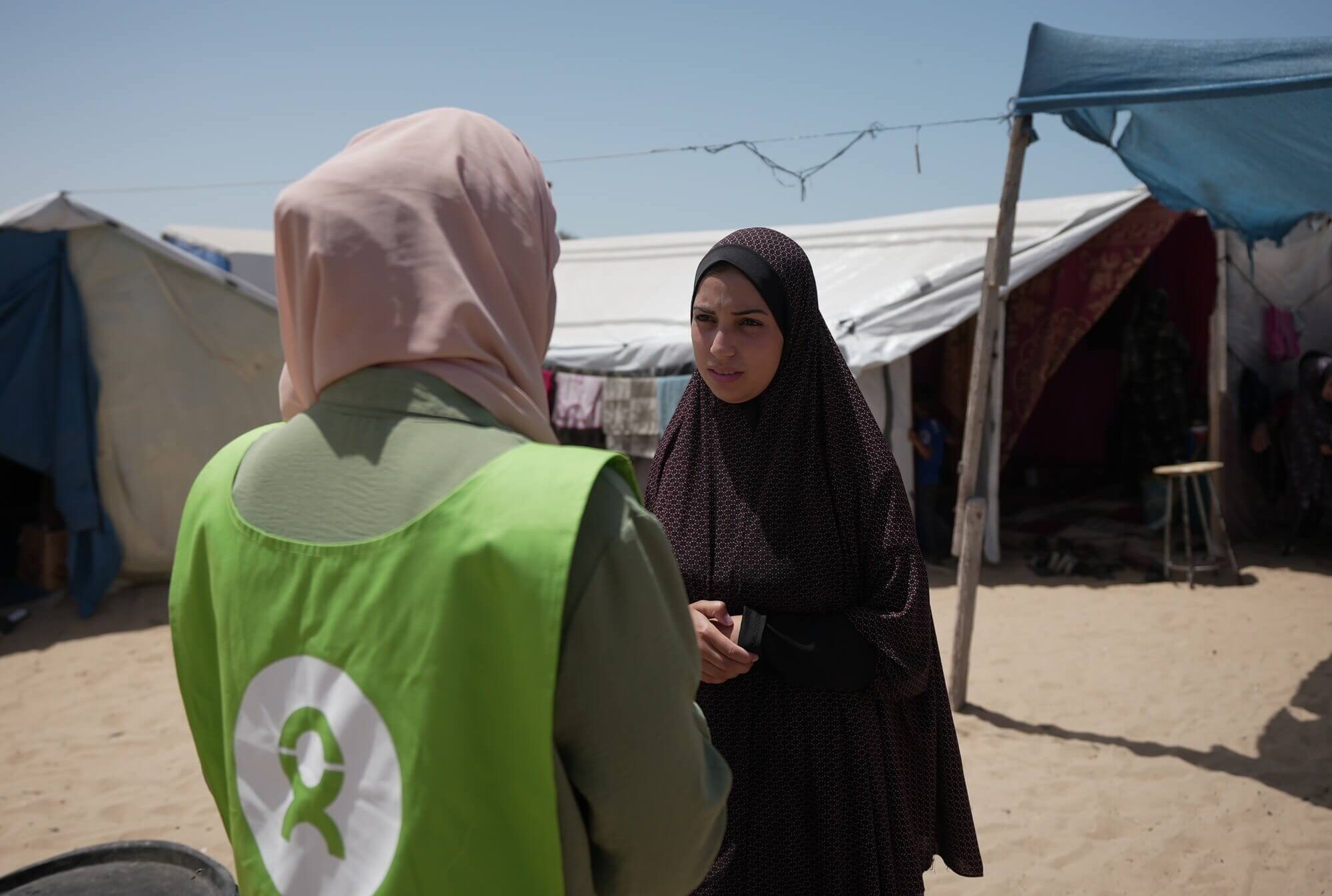
This is what’s happening in Gaza
/
As the bombardment of Gaza rages on and food shortages worsen, Oxfam supporters around the world have helped reach 490,118 people with lifesaving aid. Here’s what that looks like. The already catastrophic situation in Gaza has continued to deteriorate over the past few months. Israel’s bombardment from the air, land and sea has killed nearly […] Read more »
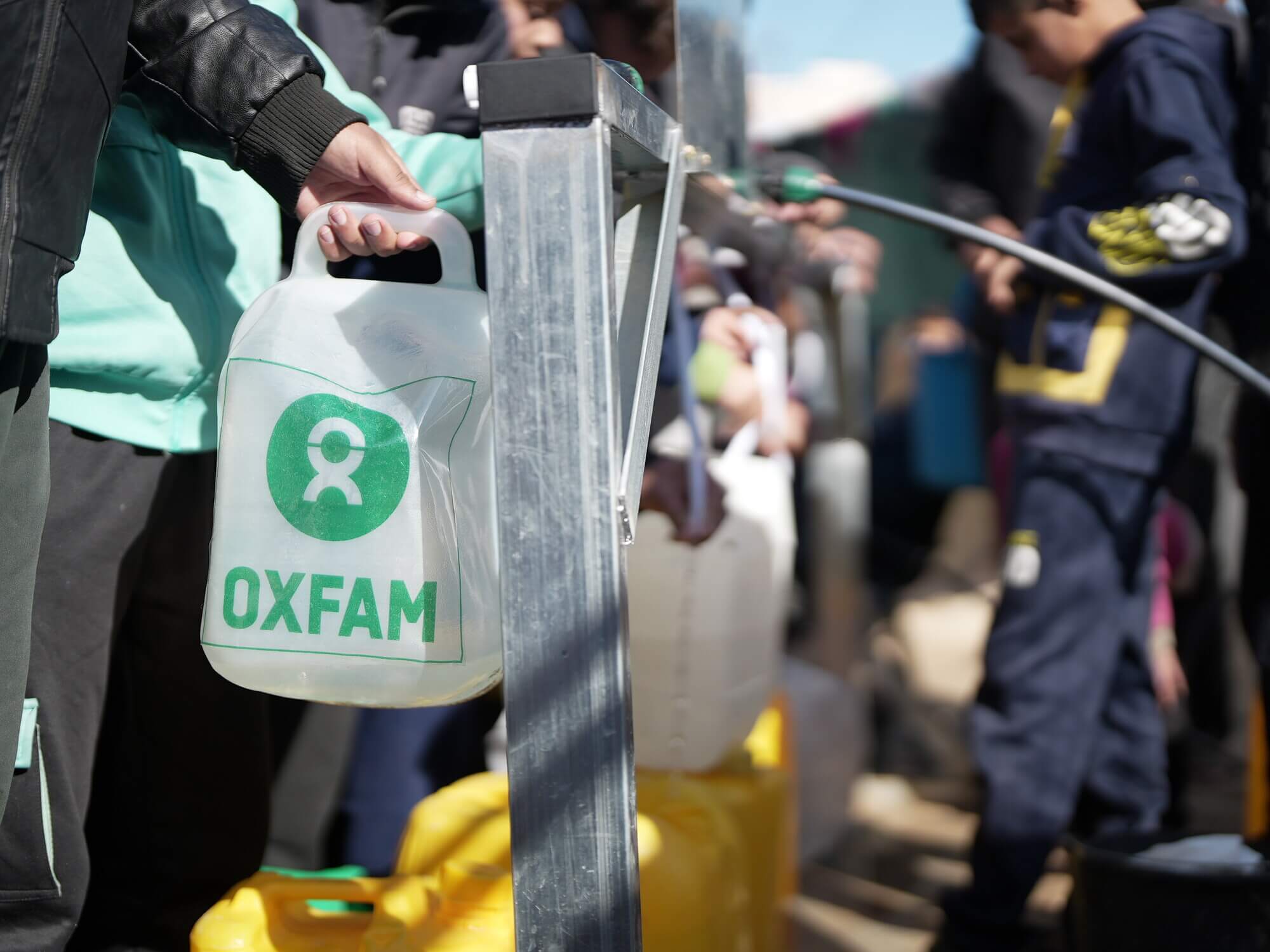
The current situation in Gaza
/
The ongoing conflict in Gaza has now displaced over 1.9 million people — in many cases, more than once. Deprived of the basics like clean water and food, disease and starvation are deadly risks. Here’s the latest update on life in Gaza, and what your support has helped deliver so far. As of last week, […] Read more »
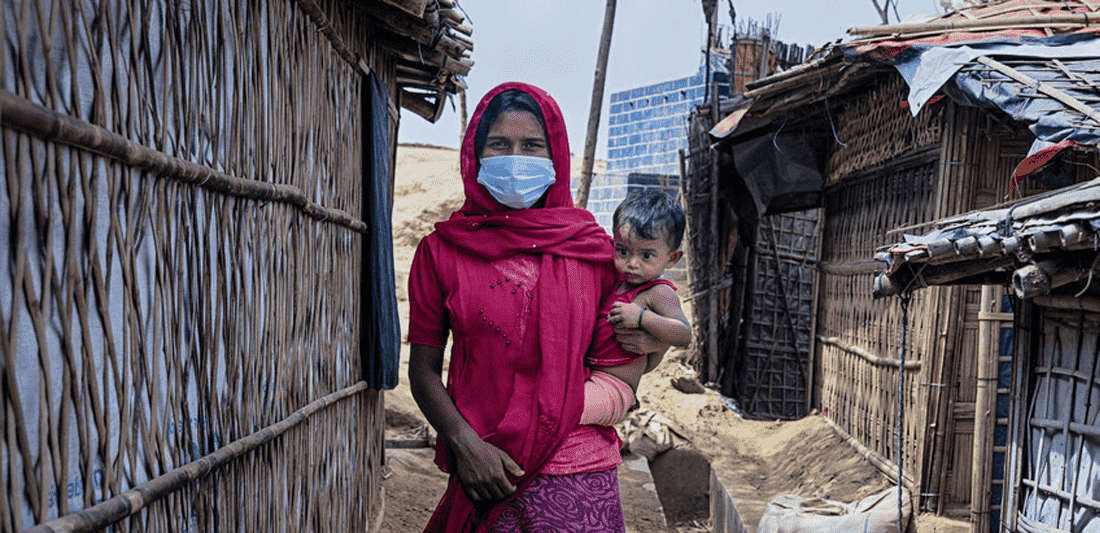
Australia must contribute its fair share to the UN COVID-19 Global Humanitarian Response Plan
/
In fragile states, war zones and in poor countries, the human and economic costs of COVID-19 threaten to kill millions and push billions more into poverty. Read more »
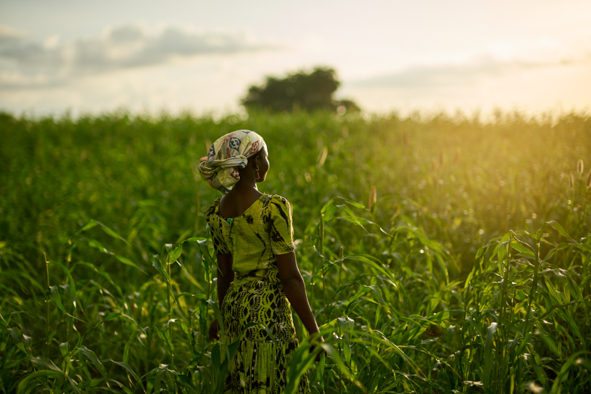
Analysis & Opinion Blogs Campaigning for change Food & climate change Health Inequality Rights in crisis
Beyond Covid-19: could we create a more sustainable world?
/
What will the world’s response to the COVID-19 crisis mean for the two defining and interconnected challenges of our age: climate change and global inequality? Read more »
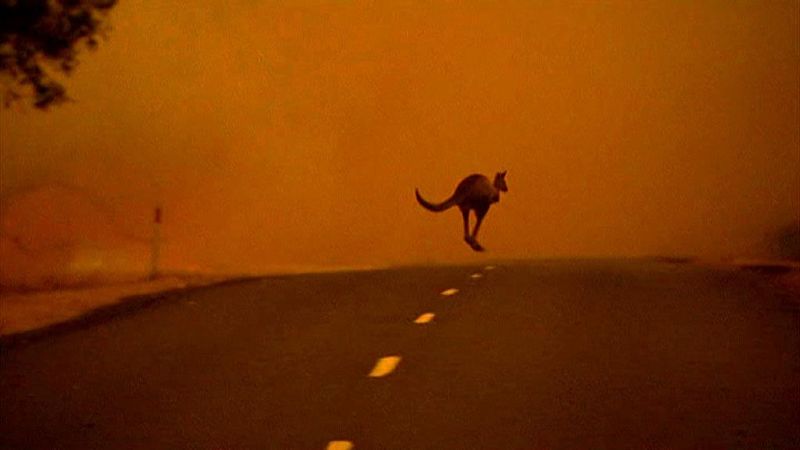
Australia is learning firsthand what our neighbours have suffered for years
/
The bushfires have shown us what climate change looks like. A reality millions are facing today all over the world. We reflect on the crisis and what we can do today. Read more »
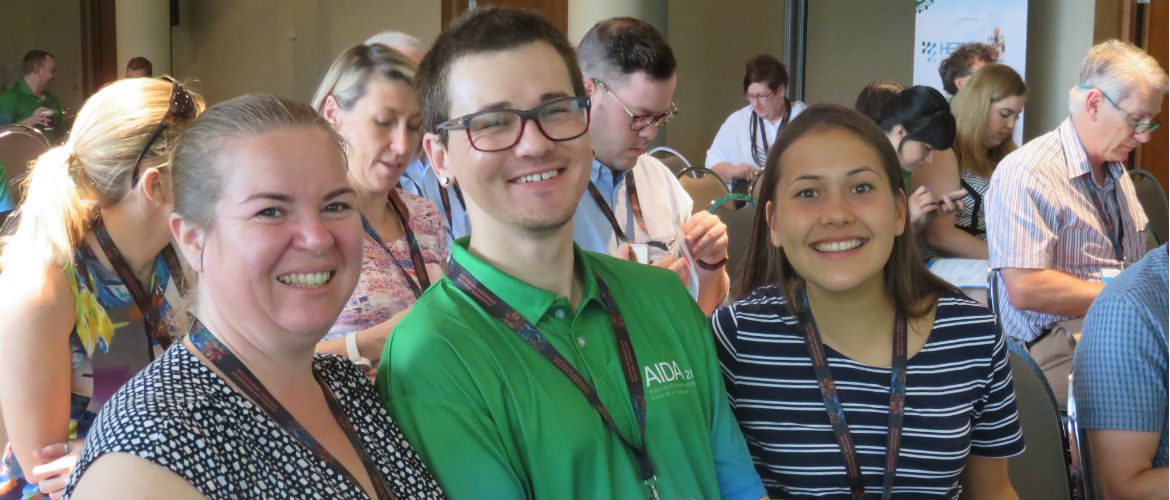
Action starts with acknowledgement: Closing the Gap with Indigenous health education
/
Kelly Langford, an Indigenous medical student, witnessed the heartbreaking burden of diabetes in her community and was inspired to take action. Read more »
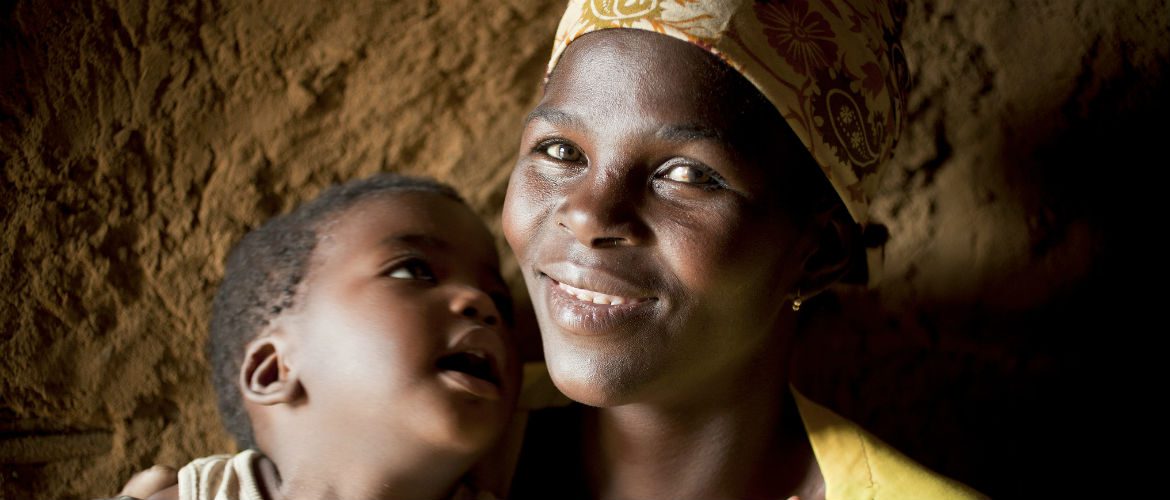
What does Oxfam Unwrapped mean for mums?
/
No matter where you live, raising a family is a tough job. But if you’re a parent living in poverty, raising a family becomes more than a difficult task: it can test their very limits to survive. Read more »
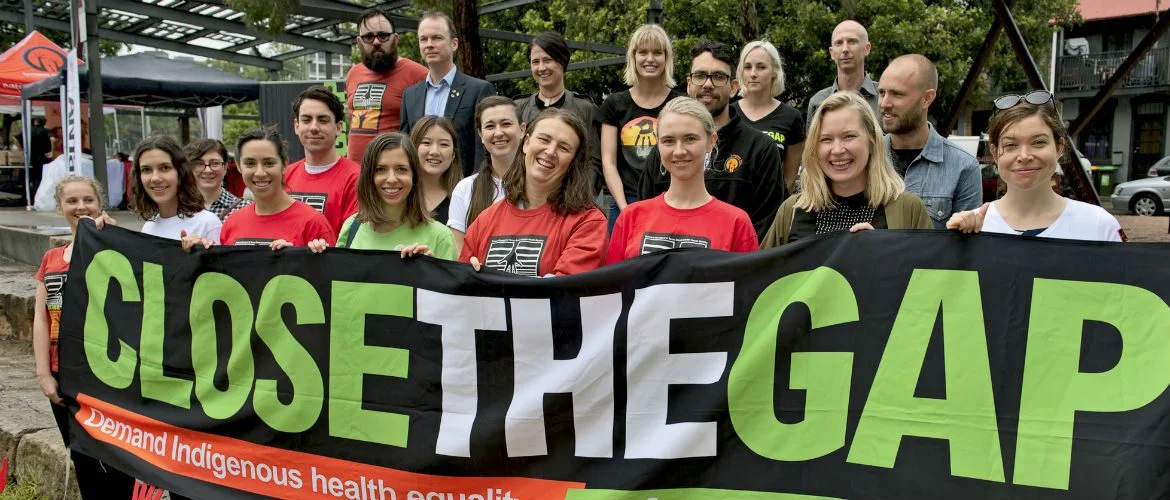
5 sad, frustrating, and extraordinary things we should all know about Indigenous health
/
After another National Close the Gap Day, we take a look at what you’ve achieved and what still needs to be done to achieve Indigenous health equality. Read more »
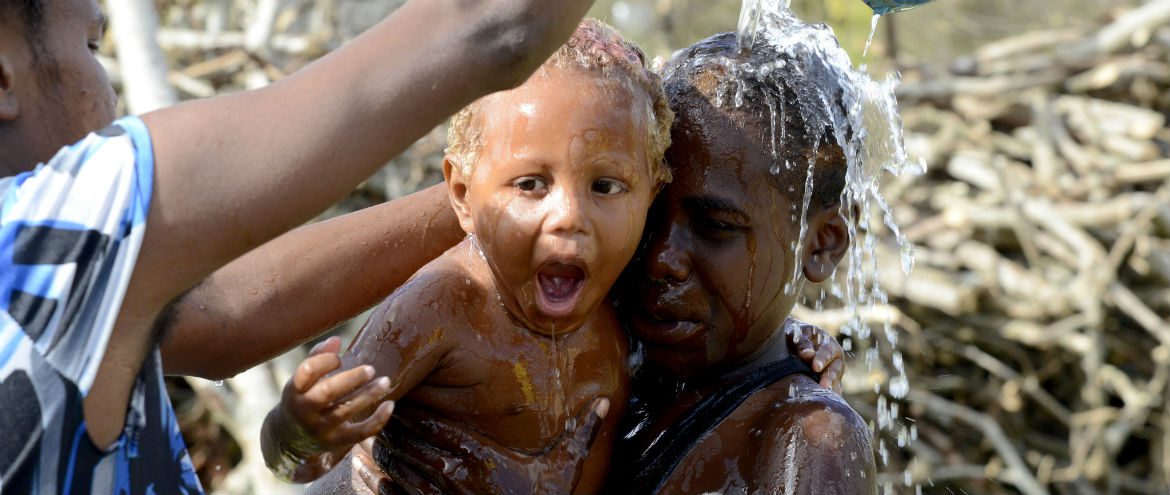
The benefits of clean water in 6 beautiful photos
/
Oxfam is providing clean water, sanitation and hygiene education in some of the world’s poorest countries. In fact, it’s one of the things we do best. View six beautiful photographs that showcase the benefits of clean water after an emergency and in our long-term development work. Read more »
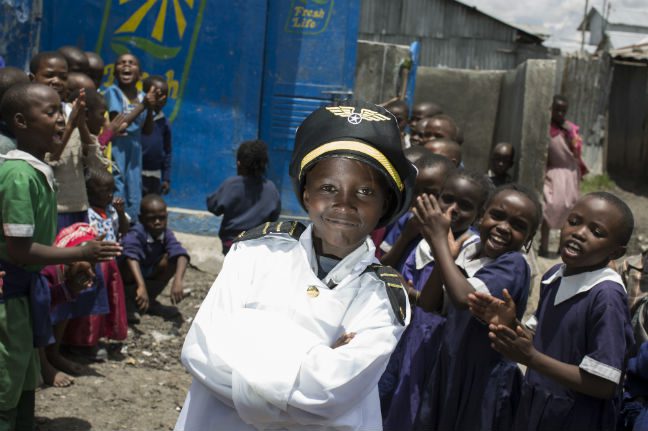
When I grow up: a story of hope from the slums of Nairobi
/
Victor wants to be a pilot, but without access to a clean toilet, he may never realise his ambition. This is the photo story of how one clever toilet is protecting children from disease, keeping kids in school, and changing the lives the people in the Mukuru slum in Kenya. Read more »